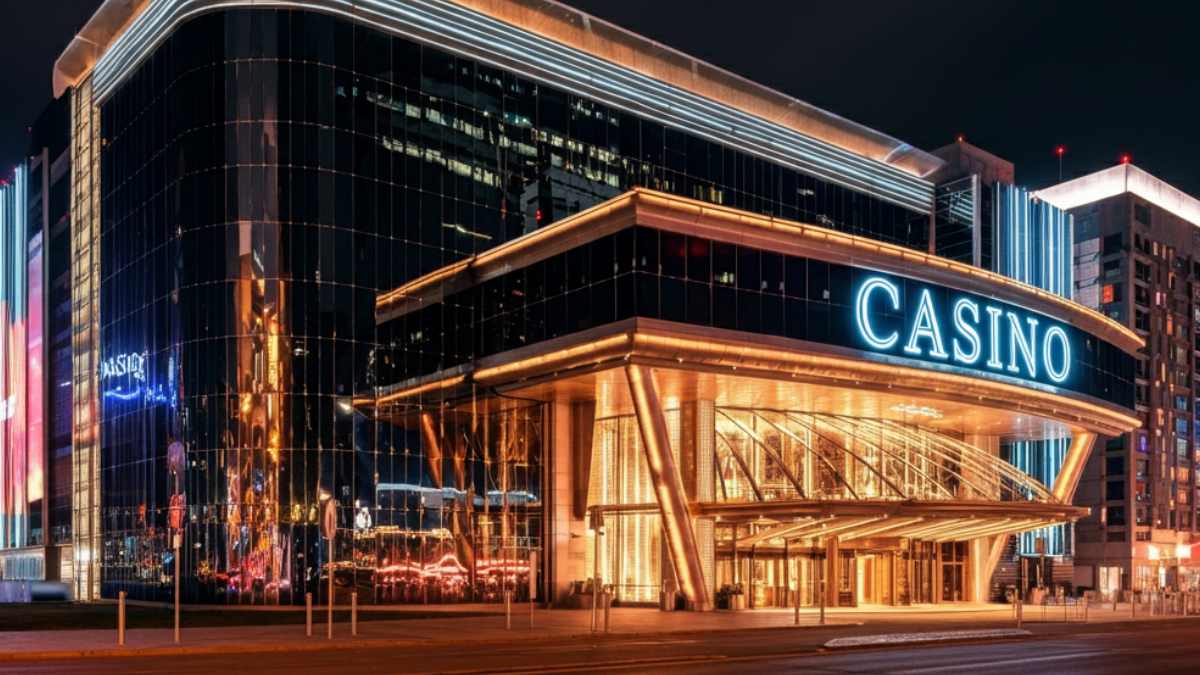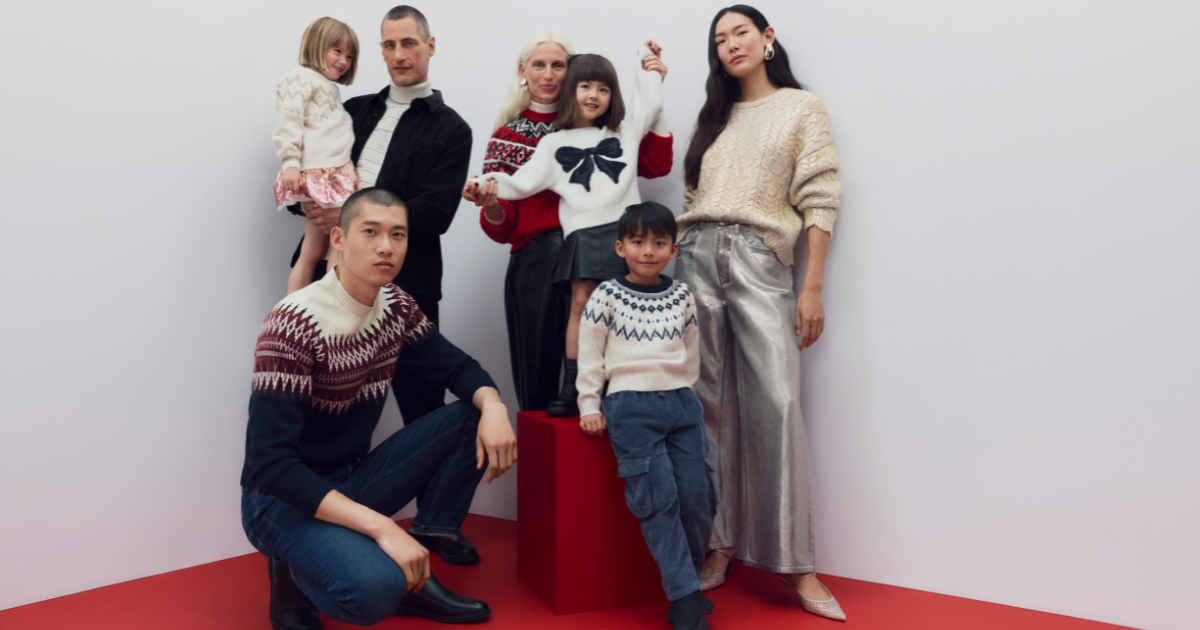World
Remaining British judges urged to resign from Hong Kong’s top court

Pressure is increasing on the last remaining British judges who sit in Hong Kong’s top court to resign, after two senior justices stepped down last week because of the “political situation” in the former British colony.
Jonathan Sumption and Lawrence Collins resigned as non-permanent overseas judges from Hong Kong’s court of final appeal on Thursday. Collins cited the “political situation in Hong Kong” in a brief statement about his departure.
In a piece published on Monday, Sumption went further. Hong Kong “is slowly becoming a totalitarian state”, he wrote, in the Financial Times. “The rule of law is profoundly compromised in any area about which the government feels strongly.”
The resignations leave just three British judges on Hong Kong’s top bench: Lennie Hoffmann, David Neuberger, and Nicholas Phillips. They are all members of the House of Lords.
On 24 June, Neuberger will hear an appeal from Jimmy Lai, a British citizen and former media mogul who was one of Hong Kong’s most vocal critics of the Chinese Communist party before being arrested in 2020.
Lawyers representing Lai and six co-defendants are appealing to Hong Kong’s highest court to overturn their convictions in an unlawful assembly case. The case relates to their participation in a peaceful demonstration in August 2019, in which nearly 2 million Hongkongers marched through the city to call for democratic reforms.
Mark Sabah, the director of the Committee for Freedom in Hong Kong Foundation, said Lord Neuberger’s presence on the Hong Kong bench was “astonishing”.
“If he had any shred of credibility left … he would immediately resign,” said Sabah, who also called for the resignations of Hoffmann and Phillips.
Neuberger, a former president of the UK supreme court, is chair of a legal advisory panel to the Media Freedom Coalition, a partnership of countries. The role of the panel is “to provide legal advice and recommendations … for the purposes of promoting and protecting a vibrant, free and independent media”.
Lai is the founder of the now-shuttered pro-democracy newspaper Apple Daily. “It is astonishing that a man who is the chair of a high level panel on media freedom can sit on the trial of Jimmy Lai, a newspaper publisher,” Sabah said.
Neuberger told the Guardian that he intended to continue serving in Hong Kong. “Hong Kong has an impressive and independent judiciary and a thriving and able legal profession, both of which benefit the people of Hong Kong and contribute to the rule of law. They deserve support, not undermining,” he said.
Hoffmann and Phillips did not respond to a request for comment.
Lai is separately on trial for allegedly violating Hong Kong’s national security law, which was imposed in 2020 and for which he faces a maximum of life in prison. His prosecution has been condemned by international governments and human rights groups as politically motivated.
Overseas non-permanent judges have been a fixture of Hong Kong’s legal system since the handover from British to Chinese rule in 1997. They are seen as lending prestige and expertise to Hong Kong’s judiciary, with several current and former members of the UK supreme court having served in Hong Kong.
Sumption said it was “no longer realistic” to think that the presence of overseas judges could help to sustain the rule of law in Hong Kong.
The judges are flown in to Hong Kong on an ad hoc basis, enjoying first class tickets, luxury accommodation and a salary of around £40,000 per visit. A visit typically lasts 29 days.
In the last financial year, Phillips and Collins were engaged in Hong Kong’s top court. They ruled on appeals relating to theft, legal aid and a commercial dispute.
But since 2020, when Beijing imposed a harsh national security law, snuffing out months of pro-democracy protests, there has been increasing concern that the judges lend credibility to a regime which no longer respects basic rights and freedoms.
On Monday, the last remaining Canadian judge, Beverley McLachlin, announced that she would be retiring from the Hong Kong court of final appeal at the end of July.
A spokesperson for Hong Kong’s judiciary said that its “operation will not be affected by any change in membership of the court”.
In a statement on Tuesday, the Hong Kong government said that there was “absolutely no truth” to claims that the courts were subject to political pressure.
A senior lawyer in Hong Kong said there was now a “two-tier system” in Hong Kong, with foreign judges and lawyers blocked from working on cases relating to national security.
Only judges nominated by the chief executive can sit on national security cases, but the list of nominees is not made public. A spokesperson for the judiciary said that any judge, regardless of nationality, was “eligible for designation” under the national security law. But in the small number of national security law cases that have reached the top court, no overseas judge has sat on the case, breaking with convention.
“As a judge, I wouldn’t want to go into a system where I’m not trusted to deal with national security cases,” the senior lawyer said.
In April, a court ruled that decisions made by Hong Kong’s national security committee could not challenged via judicial review. “That is antithetical to the rule of law,” the senior lawyer said. “If I was a non-permanent judge considering working in Hong Kong, I would think that is an unpalatable feature of your legal system.”










